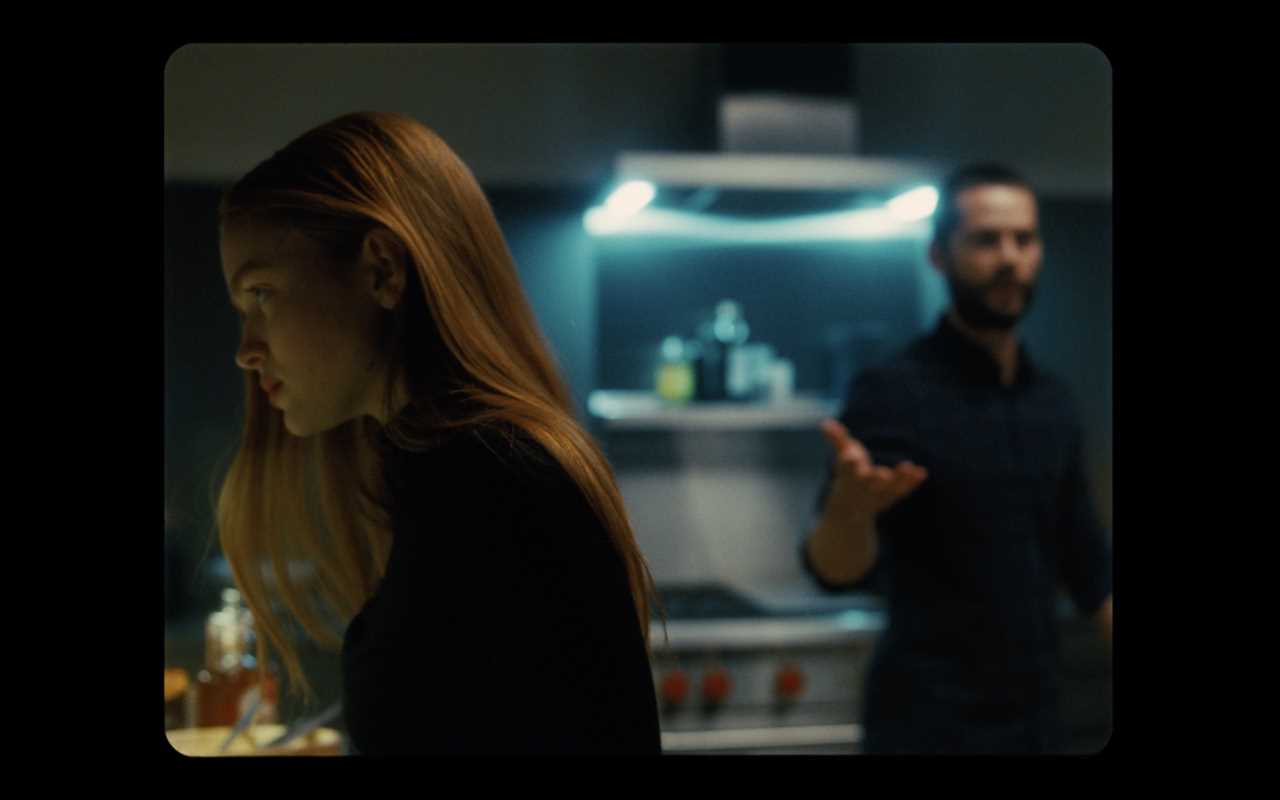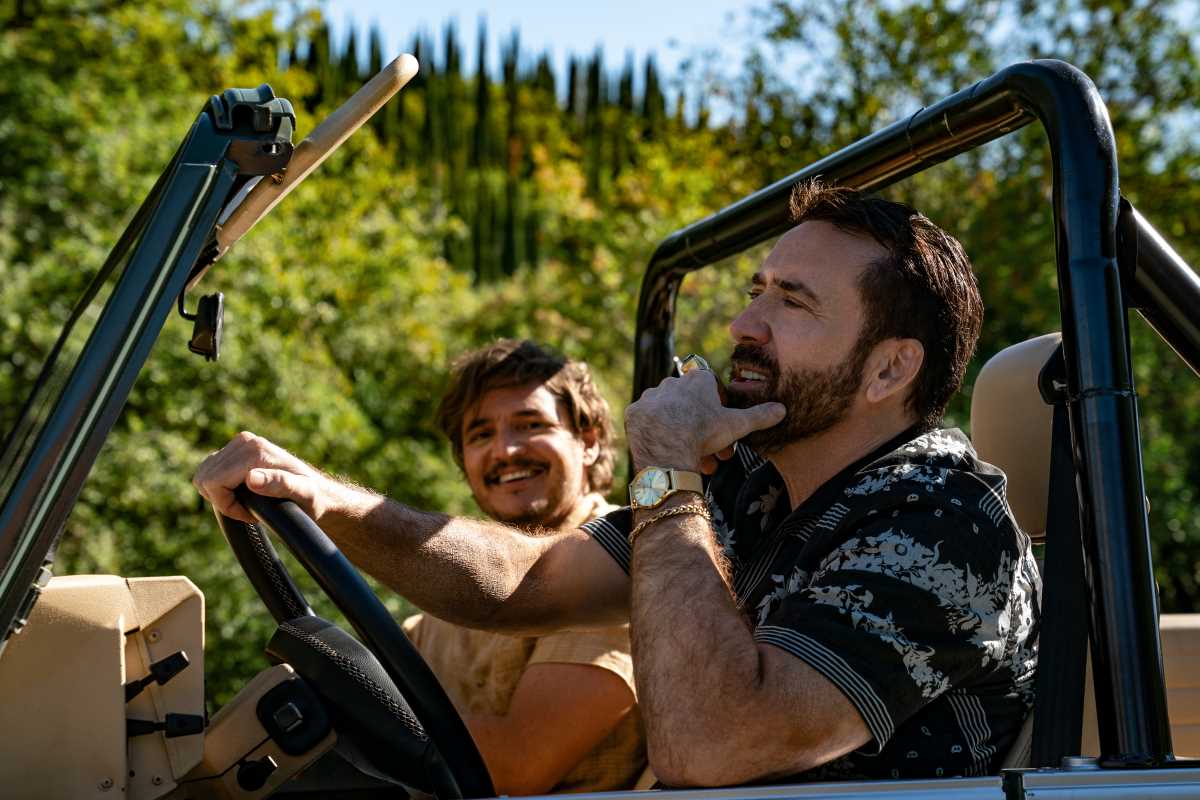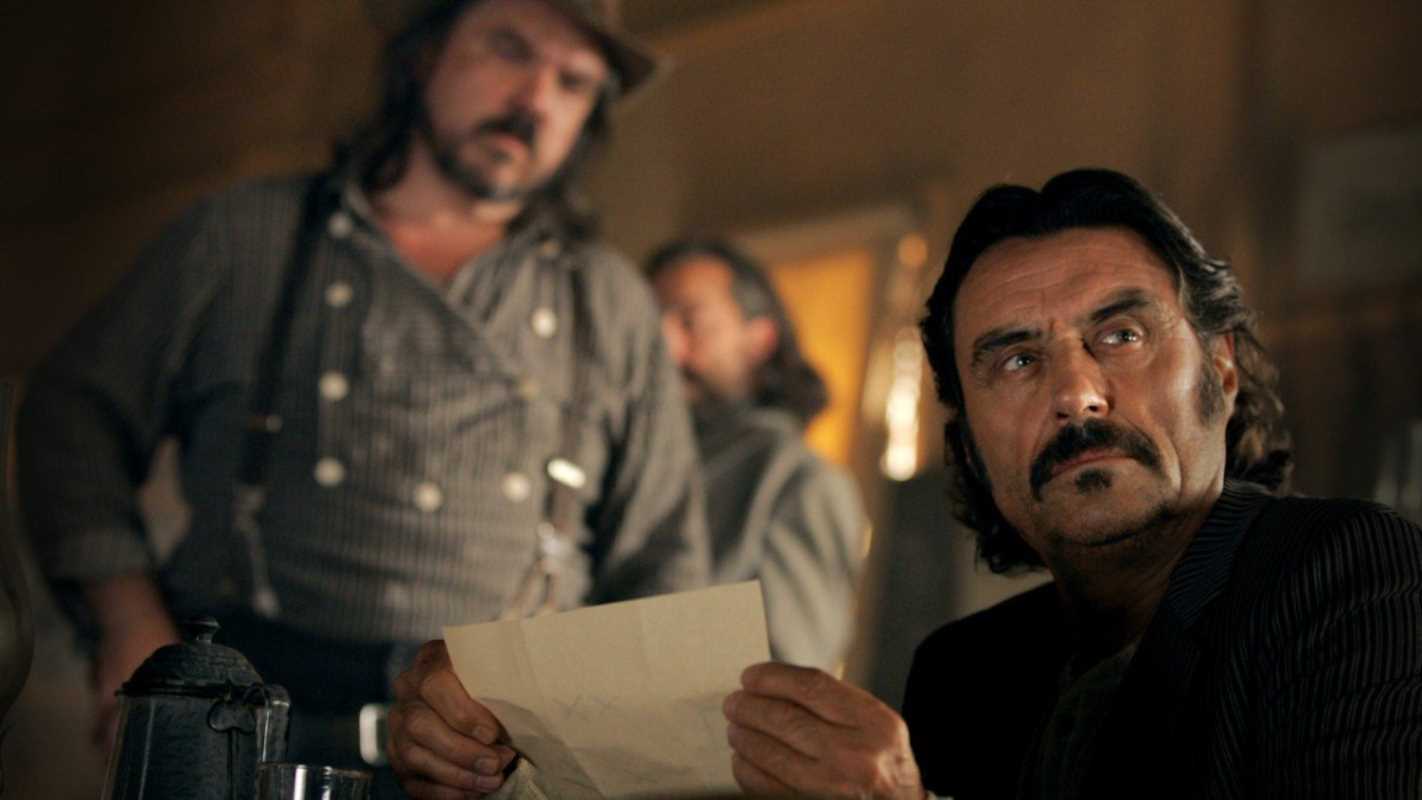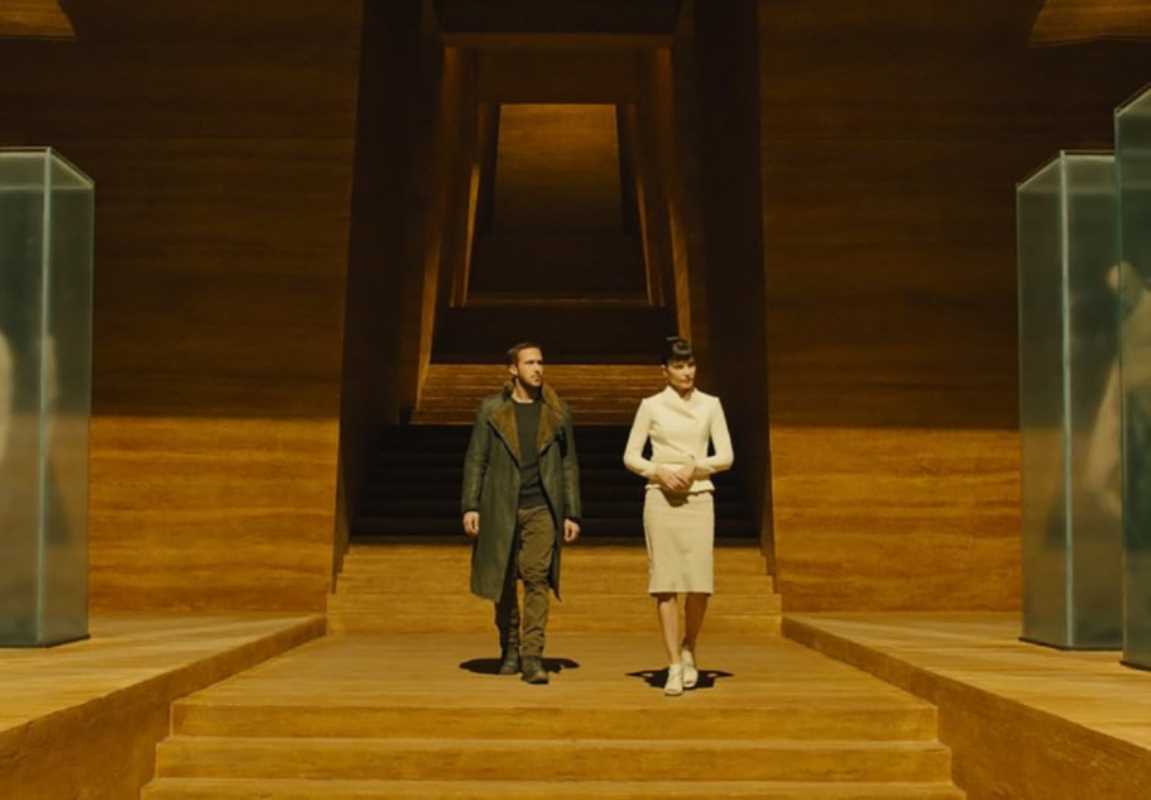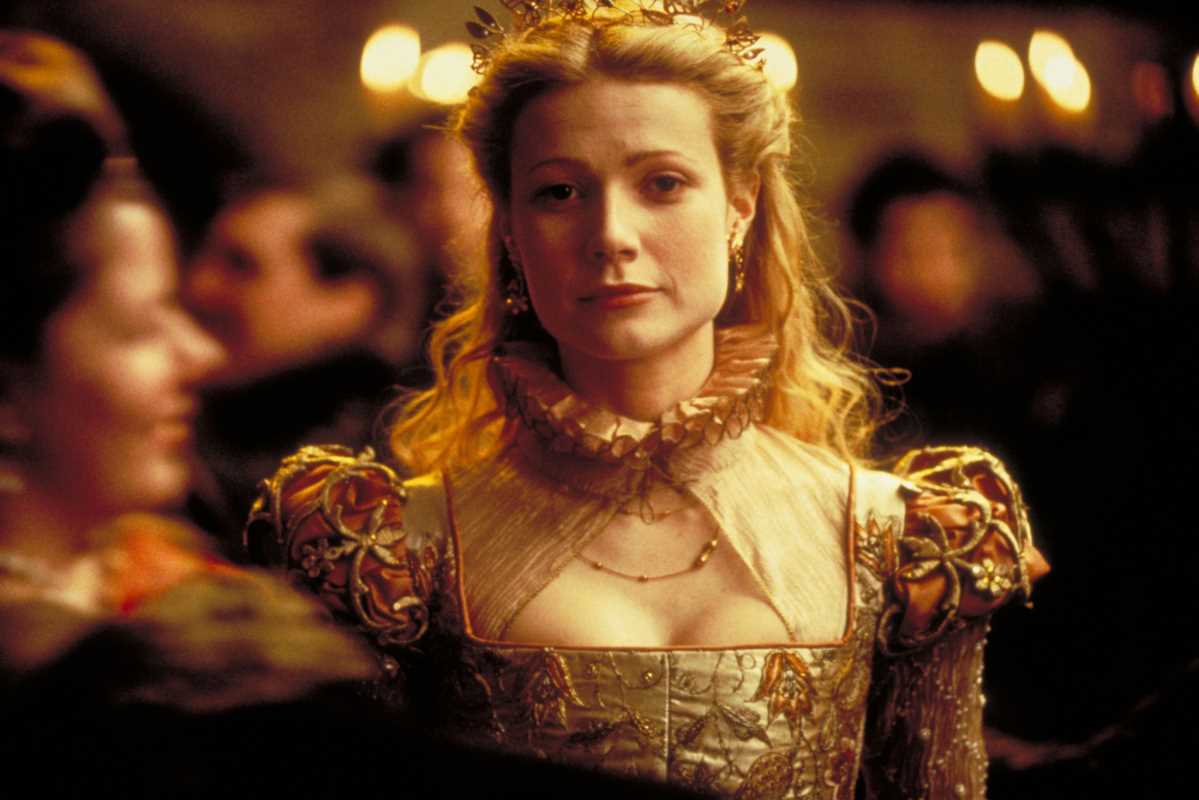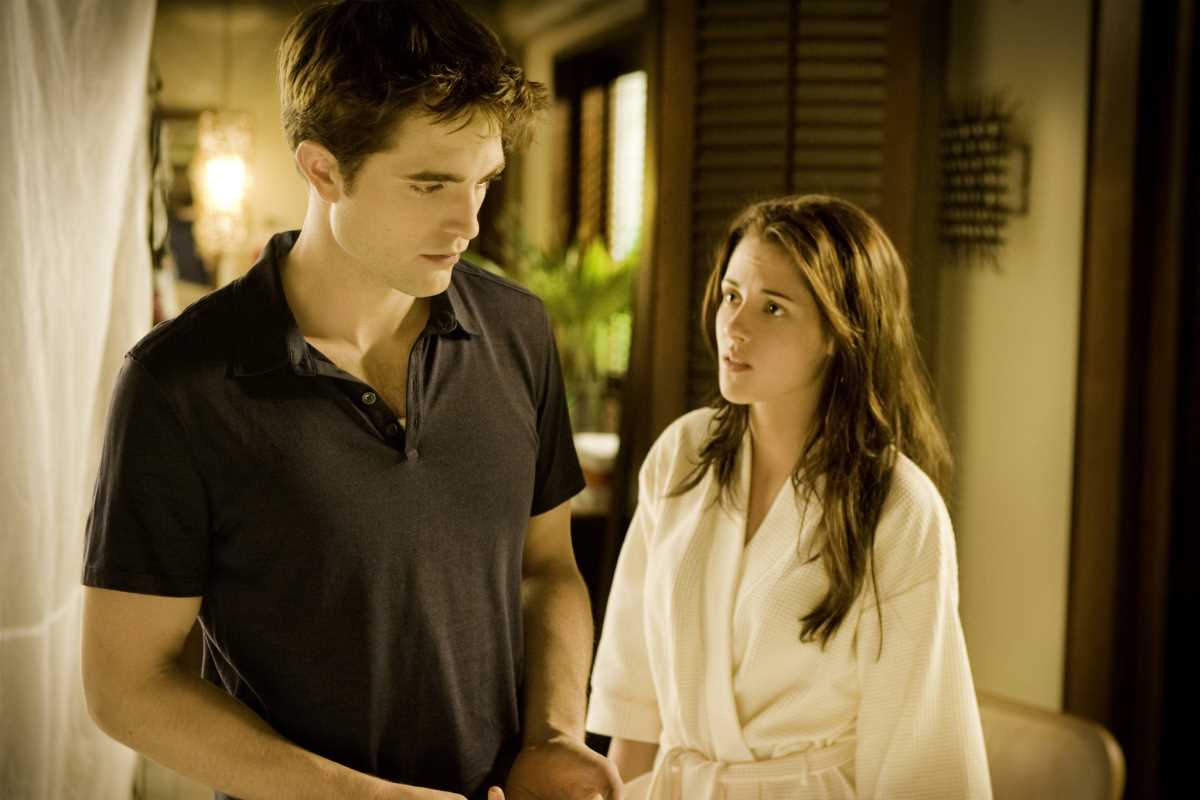Music has always been more than just a good beat and a catchy hook. For decades, artists have used their platforms to speak up about what’s happening in the world, challenging authority, protesting injustice, and inspiring entire generations to demand change. These musicians aren’t just making songs; they’re creating anthems for movements. Here are ten artists who famously used their music to make a powerful political statement.
1. Bob Dylan
The Statement: When you think of protest music, Bob Dylan is probably the first name that comes to mind. In the 1960s, as the Civil Rights Movement and anti-war sentiment were gaining momentum, Dylan became the voice of a generation.
The Art: Songs like "Blowin' in the Wind" and "The Times They Are a-Changin'" weren't just folk tunes; they were questions posed to society about peace, war, and freedom. "Blowin' in the Wind" became an anthem for the Civil Rights Movement, its lyrics asking how long people would have to suffer before real change happened. Dylan’s work showed that a guy with a guitar and a harmonica could be just as powerful as any politician.
2. Nina Simone
The Statement: Nina Simone was a classically trained pianist with a voice that could move mountains, and she used her incredible talent to fight for racial justice. She didn't just sing about change; she demanded it.
The Art: After the 1963 bombing of the 16th Street Baptist Church in Alabama, a horrified and enraged Simone wrote "Mississippi Goddam." The song is a raw, furious, and unflinching critique of racism in the American South. With its upbeat, show-tune-like tempo, the song's angry lyrics hit even harder. It was so direct that it was banned in several southern states, but it became a powerful anthem for activists on the front lines.
3. Rage Against the Machine
The Statement: The band's name says it all. From their very first album, Rage Against the Machine has been a Molotov cocktail of rock, rap, and revolutionary politics, taking aim at corporate greed, systemic injustice, and American imperialism.
The Art: Their 1992 hit "Killing in the Name" is one of the most explosive protest songs ever recorded. The track directly confronts police brutality and institutional racism with its iconic, screamed refrain: "Some of those that work forces are the same that burn crosses." The band also famously protested the Parent Music Resource Center by performing naked on stage at Lollapalooza in 1993, with duct tape over their mouths, to speak out against censorship.
4. N.W.A.
The Statement: In the late 1980s, N.W.A. brought the realities of life in Compton, California, to the mainstream. They pioneered gangsta rap, using their music as a form of journalism to report on police brutality, racial profiling, and poverty.
The Art: Their 1988 track, "F--- tha Police," was so controversial that it prompted the FBI to send a warning letter to the group's record label. The song puts the police on trial, with Dr. Dre, Ice Cube, and MC Ren testifying about harassment and violence. It gave a voice to a community that felt ignored and oppressed, and its message remains incredibly relevant today.
5. Beyoncé
The Statement: Beyoncé has evolved from a pop superstar into a powerful cultural force. She has increasingly used her art to celebrate Black identity, challenge police brutality, and empower women.
The Art: In 2016, she dropped "Formation" and its stunning music video without warning. The video is packed with powerful imagery addressing Black culture, Hurricane Katrina, and police violence, including a now-iconic scene of Beyoncé on top of a sinking New Orleans police car. Her subsequent Super Bowl halftime performance, where her dancers wore outfits reminiscent of the Black Panther Party, brought her political statement to one of the largest audiences in the world.
6. Public Enemy
The Statement: Public Enemy wanted to be the "CNN for Black people." Led by the powerful voices of Chuck D and Flavor Flav, the group's music was a dense, loud, and unapologetic commentary on race, class, and power in America.
The Art: Their 1989 track "Fight the Power," written for Spike Lee’s film Do the Right Thing, is a call to action against a system designed to hold Black people down. The song famously critiques cultural heroes like Elvis Presley and John Wayne, arguing that they represent a history of oppression. It’s a powerful anthem about resisting the status quo and creating your own narrative.
7. Kendrick Lamar
The Statement: Kendrick Lamar is one of the most vital artistic voices of our time, using his complex lyricism and innovative music to explore the Black experience in America, from systemic racism to personal struggle.
The Art: His 2015 song "Alright" became an unofficial anthem for the Black Lives Matter movement. While the song details police harassment and hardship, its hopeful chorus—"We gon' be alright!"—was chanted at protests across the country. It provided a sense of resilience and unity in the face of despair, showing how music can offer both commentary and comfort.
8. U2
The Statement: For decades, the Irish rock band U2 has woven political activism into its stadium-sized anthems, focusing on human rights, social justice, and conflict.
The Art: Their 1983 song "Sunday Bloody Sunday" is a direct response to the 1972 Bogside Massacre in Northern Ireland, where British soldiers shot and killed unarmed civil rights protesters. Instead of a call for revenge, the song is a mournful plea for peace, with Bono famously asking, "How long must we sing this song?" The band has used its massive platform to support organizations like Amnesty International and to advocate for debt relief in developing nations.
9. Childish Gambino (Donald Glover)
The Statement: Donald Glover, as Childish Gambino, delivered a gut punch to America with a song and video that dissected gun violence, police brutality, and the distraction of entertainment.
The Art: The 2018 music video for "This Is America" is a work of performance art. While Gambino performs catchy dance moves and smiles for the camera, chaos and violence erupt behind him. The video masterfully shows how easily society is distracted by pop culture while ignoring the horrific problems plaguing the country. The visual of him gunning down a choir is a shocking and unforgettable commentary on the hypocrisy of violence in America.
10. M.I.A.
The Statement: As a Sri Lankan refugee who grew up in London, M.I.A. has consistently used her genre-bending music to address issues of immigration, war, and identity politics.
The Art: Her 2015 music video for "Borders" directly confronts the global refugee crisis. The video features striking and stylized images of refugees climbing fences, packed onto boats, and forming a human pyramid. She asks, "Borders, what's up with that?"—a simple but profound question challenging the very idea of national boundaries in a world where people are forced to flee their homes. Her work is a testament to how art can humanize a political crisis.
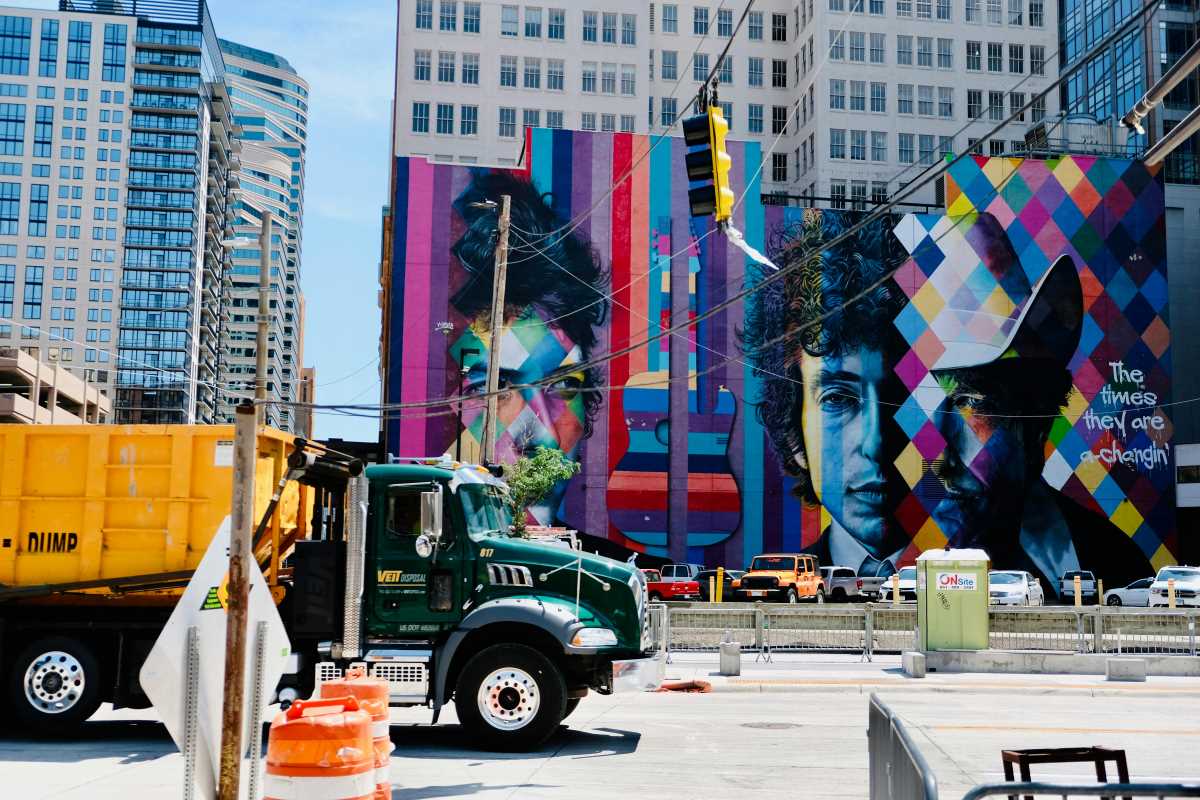 (Image via
(Image via
